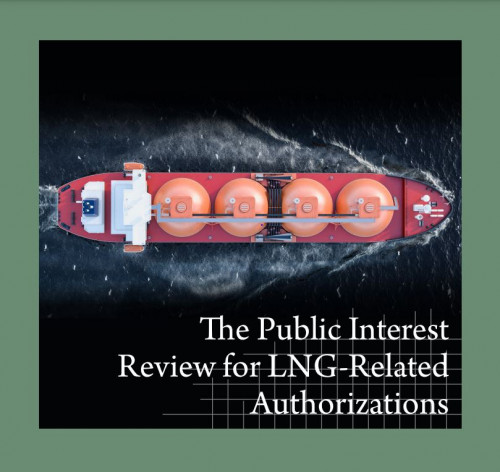-
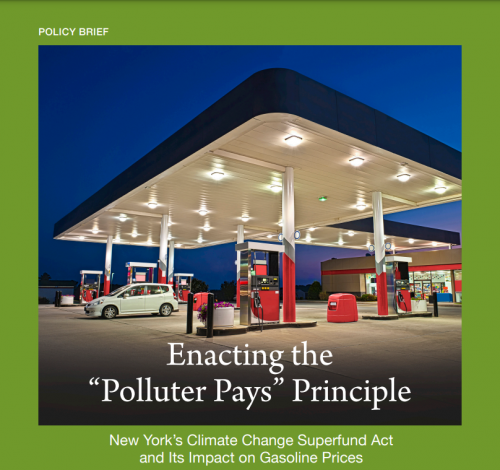
Enacting the “Polluter Pays” Principle
New York’s Climate Change Superfund Act and Its Impact on Gasoline Prices
This policy brief analyzes how New York State’s recently proposed Climate Change Superfund Act is most likely to affect consumer gasoline prices. The Act would require payments from fossil-fuel companies based on their historical contributions to current greenhouse gas levels in the atmosphere. The payments would be used to build green infrastructure to help the state adapt to climate change. The brief finds that the Act would likely have a negligible impact on current and near-term oil prices, while potentially lowering future energy prices in New York, including for transportation.
-
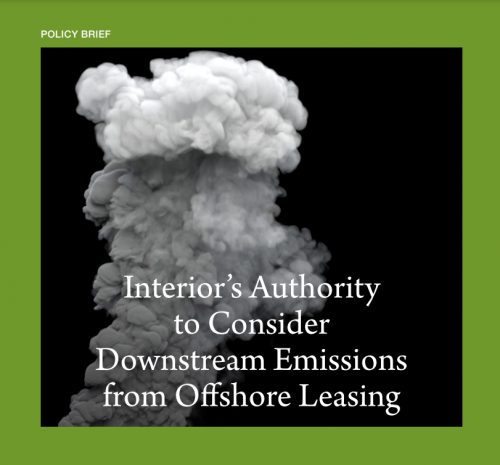
Interior’s Authority to Consider Downstream Emissions from Offshore Leasing
In its proposed Outer Continental Shelf oil and gas leasing program for 2023–2028, the Bureau of Ocean Energy Management (BOEM) claims that it cannot consider downstream greenhouse gas emissions when setting leasing policy because of a 2009 D.C. Circuit case, Center for Biological Diversity v. Department of the Interior (CBD). This Policy Brief explains that BOEM misreads CBD, which held only that the Outer Continental Shelf Lands Act (OCSLA) does not require the agency to consider downstream effects. The Policy Brief further explains that neither CBD nor any other case law bars BOEM from considering downstream effects and that consideration of such effects is in fact consistent with the text, legislative history, and regulatory history of OCSLA.
-
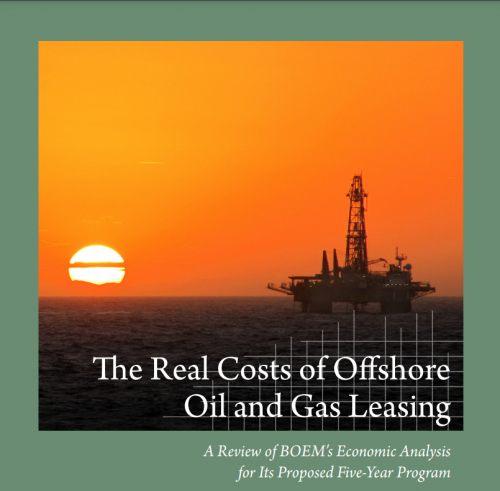
The Real Costs of Offshore Oil and Gas Leasing
A Review of BOEM’s Economic Analysis for Its Proposed Five-Year Program
In July 2022, the Bureau of Ocean Energy Management (BOEM) released its proposed Outer Continental Shelf oil and gas leasing program for 2023–2028. That plan contemplates holding up to 11 lease sales over the next five years, and conducts an economic analysis concluding that the benefits of those lease sales would exceed the costs. This report provides comprehensive feedback on BOEM’s economic analysis. As the report details, BOEM vastly understates the environmental and social costs of offshore leasing in several key ways.
-
The Public Interest Review for LNG-Related Authorizations
After a meteoric rise in production over the past decade, the United States has become the largest exporter of liquefied natural gas (LNG) in the world. Yet, the analysis behind LNG terminal and export approvals overlooks climate and environmental justice impacts, despite promises of imminent reform. Policy Integrity’s new report provides a comprehensive look at the Department of Energy’s (DOE) and the Federal Energy Regulatory Commission’s (FERC) past practice in this space and offers recommendations for improving their review of the climate and environmental justice impacts of LNG approvals.
-
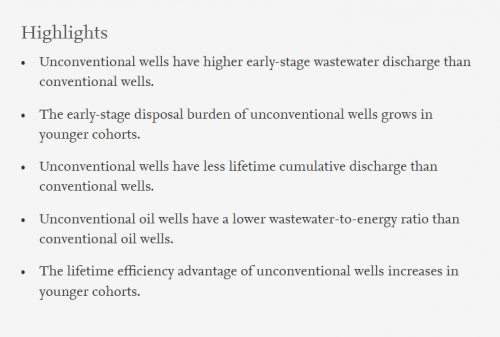
Does Unconventional Energy Extraction Generate More Wastewater? A Lifetime Perspective
Published in Ecological Economics
The paper analyzes how wastewater generation patterns differ between unconventional wells and conventional wells, accounting for differences in well configurations and local geology. Using the 2008–2016 monthly production data from 50,039 wells, the authors show that unconventional wells generated more wastewater in the first 12 months of production but less cumulative discharge than conventional wells. Unconventional oil wells had a lower wastewater-to-energy ratio throughout their lifetime than their conventional counterparts, whereas no efficiency gap existed among gas wells. These findings call for targeted strategies to balance the short-term disposal burden and the long-term efficiency gains of unconventional energy extraction.
Viewing all publications in Natural Resources

